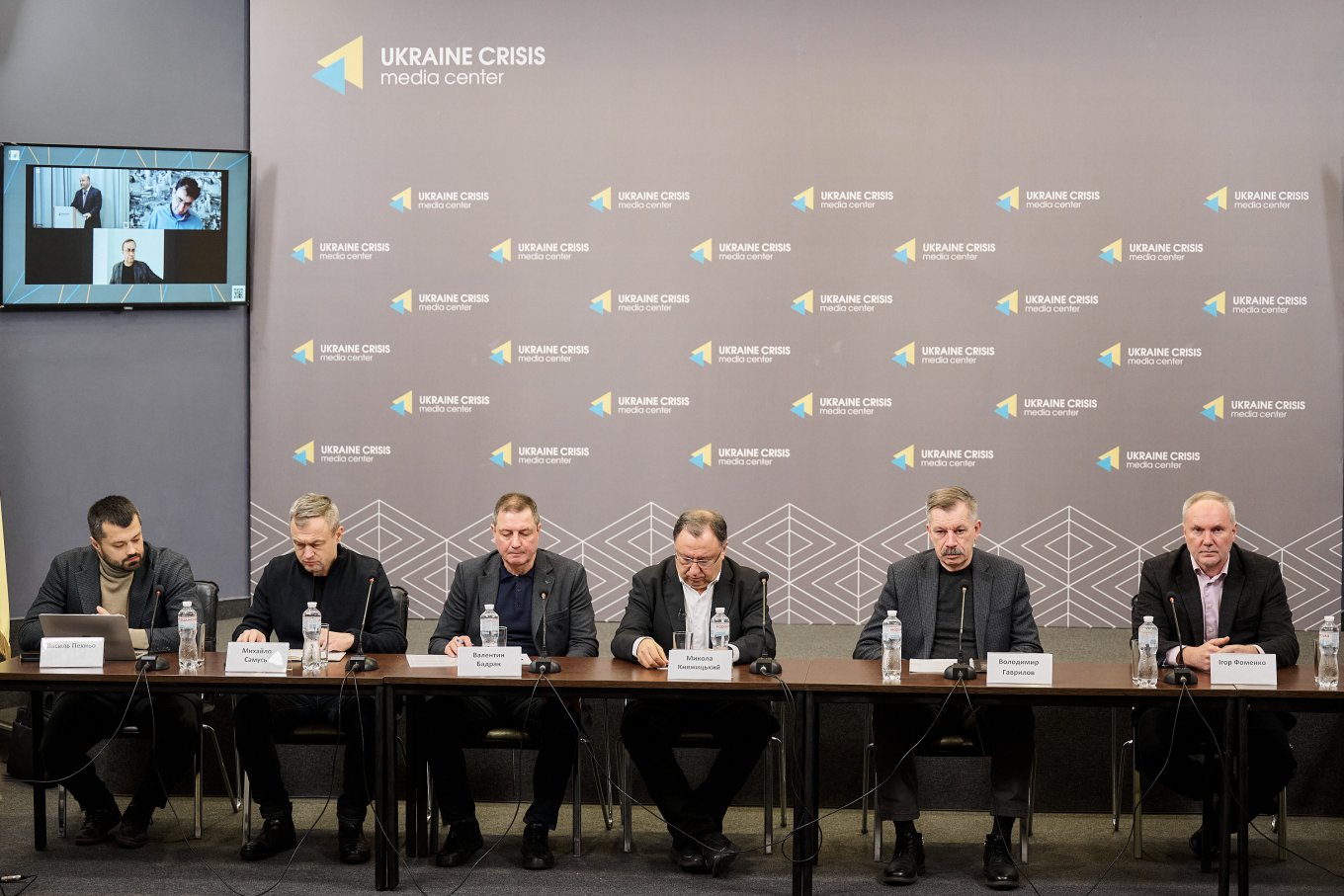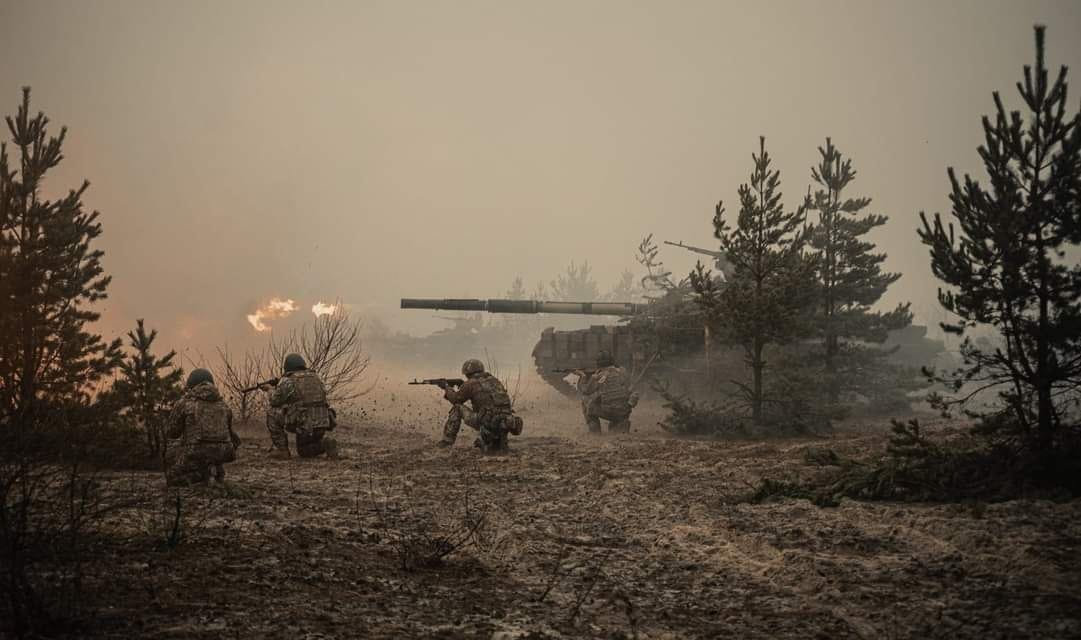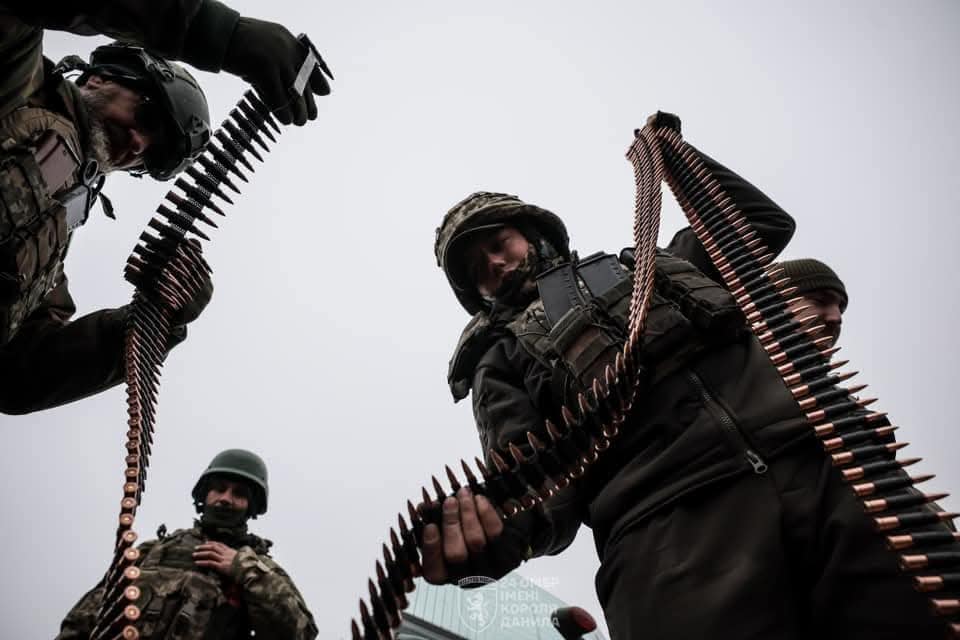On December 16, 2024, a roundtable titled "A New Phase of War with Russia: In Search of Security Guarantees for Ukraine. Internal Resilience Plan" took place at the Ukrainian Crisis Media Center. Defense sector experts, analysts, and representatives from the Defense Information Consortium discussed the key challenges facing Ukraine amid the war, as well as potential solutions to enhance defense capabilities and societal resilience.
The Defense Information Consortium brought together leading experts from the National Institute for Strategic Studies, Defense Express, the Center for Army Research, Conversion, and Disarmament, the New Geopolitics Research Network, and other organizations. Its mission is to prepare independent analytical materials for the state and society.

The Director of the All-Ukrainian Union of FRU Defence, Ihor Fomenko, presented key data about Ukraine's defense sector. According to him, out of 1,000 enterprises in the industry, only 120 are state-owned, while the rest are private. Overall, the sector employs over 300,000 individuals, and its volume is estimated at $30 billion. At the same time, the average workload of enterprises is only 40%, indicating significant potential for increasing production.
"Our partners find it challenging to understand how state-owned enterprises operate. Appointing leaders through 'telephone rights' creates unpredictability and uncertainty. There should be a clear understanding of the rules of the game to attract investors and ensure long-term cooperation," emphasized Fomenko.
He also highlighted the need for swift decisions in developing advanced technologies, such as missile systems and electronic warfare systems, as well as resolving issues related to intellectual property and reducing pressure from law enforcement on businesses.

Military expert, Director of the New Geopolitics Research Network, and co-founder of the Defense Information Consortium Mykhailo Samus urged Ukraine to speak more openly about its potential in the nuclear weapons sphere.
"There is no need to be shy about discussing nuclear weapons. This complex was imposed on us 30 years ago. Europe must recognize the importance of the nuclear component of deterrence, and Ukraine should boldly propose its potential," noted Samus.
He also stressed that the cessation of hostilities should occur on the basis of a balance of power, rather than compromises that only benefit Russia. "The empire uses pauses to regain its strength. Partners must understand that such a pause is a time to strengthen Ukraine, not to lift sanctions or ease pressure on Russia," added the expert.

Analyst at the National Institute for Strategic Studies Oleksii Yizhak pointed out the importance of a comprehensive approach to ensuring defense capabilities. He emphasized that any pause in combat operations should be used to address urgent issues in the military sphere.
"A freeze is a 'window of opportunities' to solve a number of problems in the military, society, and defense capabilities. We need to talk about real power balances, not rely on paper agreements that guarantee nothing," stated Yizhak.
Major General of the Reserve of the Armed Forces of Ukraine Volodymyr Havrylov underscored the significance of a dynamic civil society, support from international partners, and the application of cutting-edge technologies in warfare.
"We have unique advantages: a dynamic society and technological solutions that will change the rules of the game. For instance, the enemy can be destroyed from a distance of 200 km, working from the 'gray zone,' without large units for assault," said Havrylov.
He also emphasized the need for effective communication between the authorities, businesses, and society to eliminate bureaucratic barriers and accelerate the implementation of technological changes.
Member of the Supervisory Board of the Defense Information Consortium Mykola Knyazhytskyi highlighted the importance of information security in warfare.
"Russia uses fake news and social media as weapons. We saw an example in Romania, where bots raised the rating of an unknown politician from 1% to 20% in just a few weeks. These are methods that can also be applied against Ukraine," noted Knyazhytskyi.
He emphasized that combating information attacks requires coordinated efforts from the state, experts, and civil society: "We are creating a network of analysts who combat fakes and build societal resilience. Information security is key to our victory."